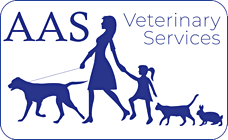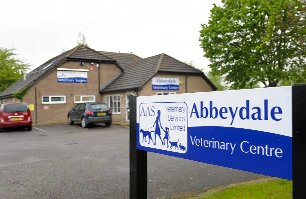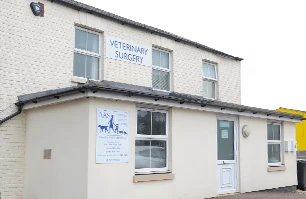Some entire female dogs and cats develop changes several months after a season.
This is often referred to a 'false pregnancy' or 'pseudopregnancy'. In most animals this is not a serious condition but it can be inconvenient for the owner and disturbing for the animal. Usually the condition resolves without any treatment but if you not thinking of breeding from your pet then it is worth considering neutering to prevent this condition.
Cause
Two to three months after a season there is a natural change in hormones. This is similar to the hormonal changes present after giving birth. Some females may be fooled into thinking that they have given birth and need to care for their puppies. Sometimes behavioural changes develop and females may 'adopt' a cuddly toy and protect it like their young, in others physical changes may also occur including milk production.
Signs
Usually develop around 2-3 months after the previous season. If you are not absolutely sure that your pet could not be pregnant then you should visit your vet and ask them to check her over.
Each affected female will show different signs including:
- Poor appetite, lethargy and depression
- Nest building behaviour and 'adopting' toys
- Behavioural changes, including aggression
- Mammary development and milk production
In some animals the signs are very subtle, in others they can be dramatic. Signs of false pregnancy may develop after the first season and usually get more obvious with each heat cycle.
Treatment
- The vast majority of cases false pregnancy is not a serious condition and you should not worry too much. Most females remain well throughout.
- Try to treat your pet the same as normal and don't encourage her abnormal behaviour.
- If she shows a preference for a particular toy and tries to guard it, take this away from her for a few weeks.
- Encourage her to undertake her normal activities and try to distract her from any 'strange' behaviour with more interesting activities like play.
When to see your vet
If your pet's mammary glands develop and she starts to produce milk you should probably get her checked over by your vet. In most cases milk production dries up without any treatment but some females lick at themselves and stimulate more milk production. This can be uncomfortable for her and there is the risk of an infection (mastitis) developing. You should also see your vet if your pet is off her food for more than 24 hours, if she has abnormal discharges from her nipples or vulva or she seems unwell in other ways. These may be the signs of more serious problems developing. In some cases (particularly where behavioural changes are very marked or a lot of milk is being produced) you may want to try to settle the signs more quickly with hormone-based drugs.
Drug treatment can help during the false pregnancy, but the best solution is spaying, after the false pregnancy has ended.








